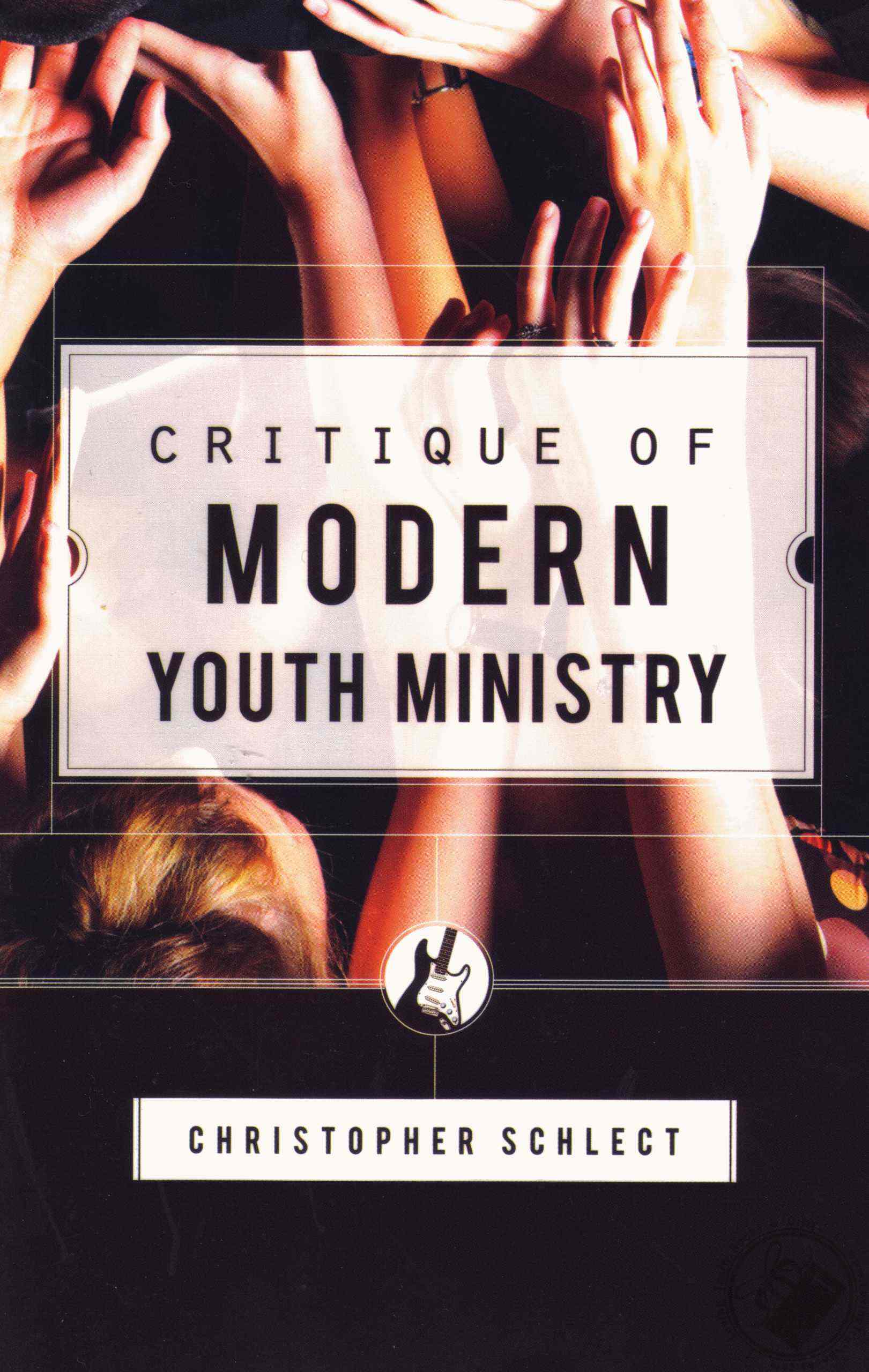In the proceeding series on MTD, Rooted hopes to explore the implications of the religious atmosphere amongst our teens and ask the question, “What does the gospel have to say about this?”
When I was in college, I visited several churches from one particular denomination (which dominated the area) and found the same message in 90% of them. Until I found the exception, I kept looking for a different church. The sermon in most of them was essentially “be a good person and you will go to heaven”. I refused to go to a church preaching mere moralism. The truth is that I cannot succeed at being a good enough person to get into heaven and deep down I knew this. Moralism leads to attending Sunday services because it’s part of being a good person rather than out of a desire to worship the One who saved them.
Moralism has been in the mainstream church for ages. Christian Smith’s study just a few years ago suggests that moralism is a major part of the religious views of teens in mainstream churches today. What I mean by moralism is the notion that Christianity is about being a good person. It is antithetical to the gospel because we see in scripture that we are incapable of being good enough for God. The righteousness of Jesus saves us, not our own goodness.
Why is moralism such a prevalent perspective amongst the younger generations? Clearly someone has been teaching it. Smith (in ‘Soul Searching’) concludes that today’s teens have simply picked up the faith of their parents. Kenda Creasy Dean concurs in her book ‘Almost Christian’. Yet, we cannot ignore the influence of youth ministry on the generation in the study. They had access to youth groups in towns all across the country. If youth pastors were providing a consistently different message than moralism, surely students would have the chance to decide which gospel they were going to buy into. Given the rebellious nature of teens, they would have rejected the nominal faith of their parents in favor of a robust creed. I certainly have seen this amongst a number of students.
Let’s look at what many youth groups across America have been teaching over the course of the past several decades. We had a desire to raise up good Christian students. We figured that topical teaching would scratch where teens itch. So, we did a lot of teaching on relationships, drinking, drugs, sex, dating, and more. If we could attract students and appease parents, we had a win-win situation. Add some messages on the importance of daily bible reading, prayer, worship, etc and we have a “good program” in the making. (Notice how many resources and curriculum cater to this?) We effectively defined Christianity by what we do and do not do. We got good at behavior modification, which fosters moralism.
I believe this is a top down approach. Look at the pyramid diagram to the right. Moral behavior is at the top. The next layer is Christian practices. These would be daily devotions, worship, Church attendance, etc. Below that is theology, the beliefs that support or undergird both practices and behavior. At the bottom is scripture, the ultimate source of all that we believe. Now, consider where the bulk of teaching is aimed in the typical youth ministry. Youth groups driven by topical teaching pour into the behavior level and scratch the practices level. We quote scripture to support our teaching but our message is not really about the Bible, it’s about behavior. That effectively shapes students to conclude that Christianity is about being a good person. Now of course, we have that percentage of students who “get it” and want to go deeper. For them, we offer the small group Bible study. Somehow we left out teaching doctrine. In some churches, we do that in Sunday school. Yet many would not describe the Sunday school as the most effective hour of the week.
What’s the solution? If our top down approach led to moralism, it seems only logical to turn that upside down. What if we taught scripture, getting students engaged with God’s word, and let that speak to the topics that students face? When we teach the bible in an engaging way so that the gospel is clearly seen from Genesis to Revelation, students find Jesus. Their love for him leads to a change in their behavior over time. This is a shift in thinking about youth ministry. For too long we believed we needed a program to attract students and tell them about Jesus, then those who are serious can go deeper. Why not seek to disciple all who come in the first place? If our first priority is to engage students with scripture, then we can help them form a good theology. From that we develop practices for engaging with God. Spiritual disciplines only really make sense when they come from a solid theology. Perhaps they will begin to see corporate worship as something deeper than an emotional experience. In the end, students will grasp what it means to live as Jesus wants us to live... not because we have to but because we want to.
Dave Wright is the Coordinator for Youth Ministries in the Episcopal Diocese of South Carolina and blogs at http://fusionmusing.blogspot.com.







